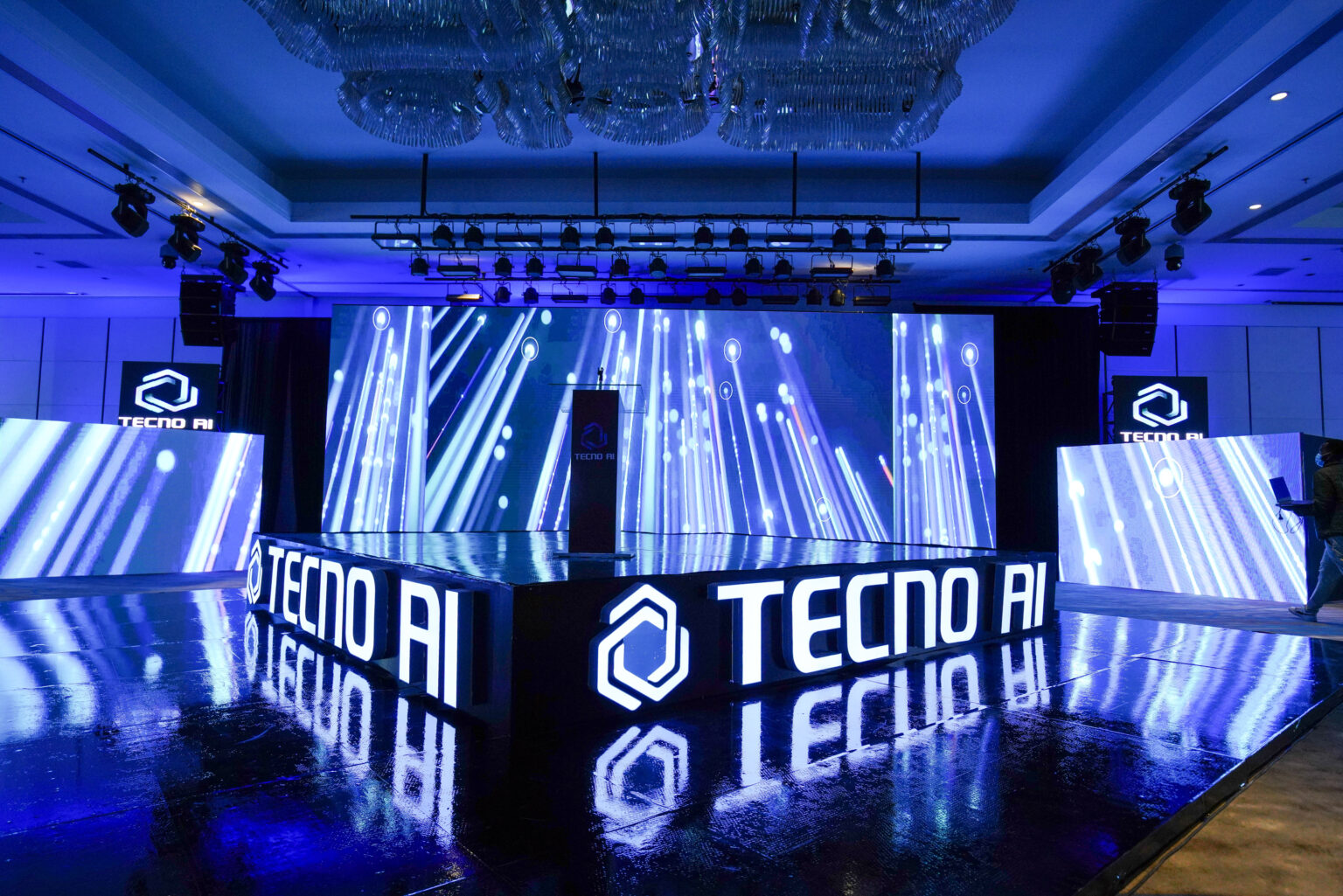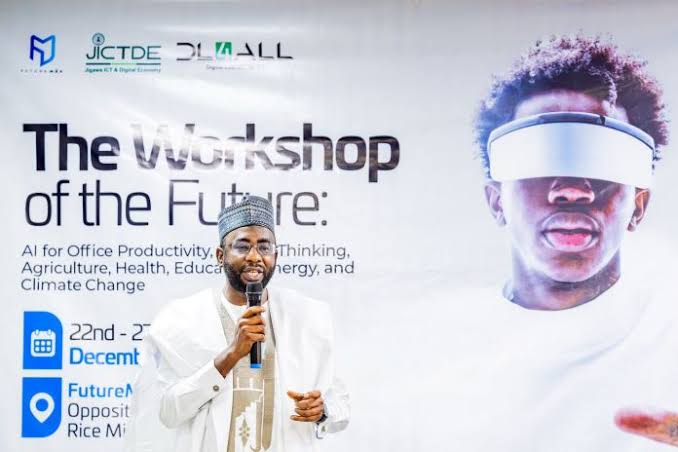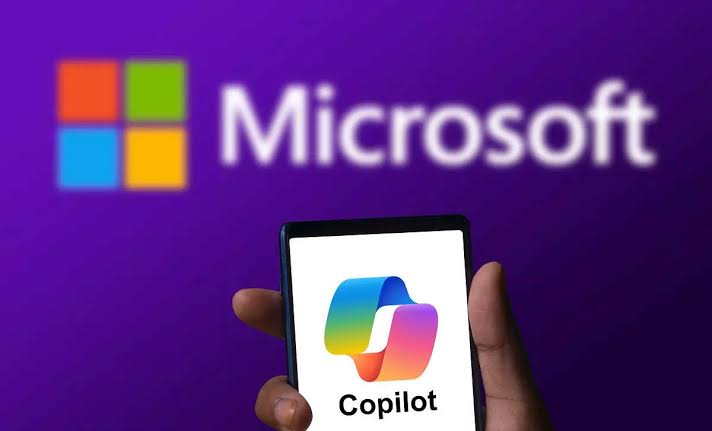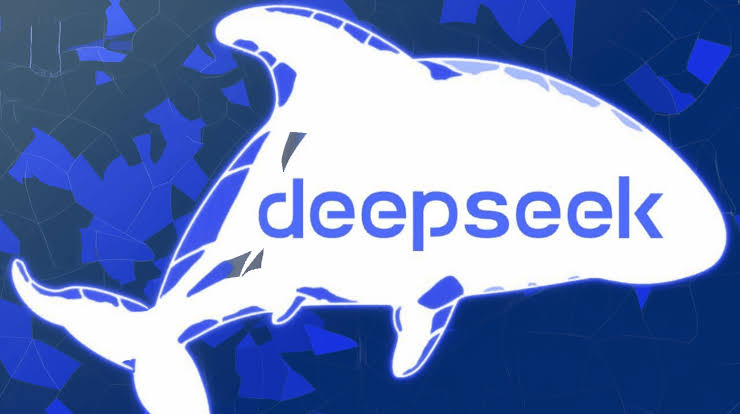On December 31, 2024, Alibaba Cloud, the cloud computing division of Alibaba Group, announced significant price reductions for its visual reasoning AI model, Qwen-VL-Max.
This initiative is set to transform how businesses approach AI technology, particularly in industries such as healthcare and finance.
Alibaba’s founder, Jack Ma, has long envisioned the company as a leader in technological innovation, and this latest move underscores that commitment.
Read also: Alibaba enters African market with Morocco as strategic launchpad for e-commerce expansion
Competitive pricing strategy
Alibaba Cloud’s price cut of up to 85 per cent for Qwen-VL-Max positions it at just 0.003 yuan (approximately $0.00041) per thousand tokens.
This significant reduction aims to make advanced AI capabilities more accessible to a broader range of businesses.
The move comes as part of a series of adjustments throughout the year, reflecting Alibaba’s proactive approach in a highly competitive market.
Recent reports highlight that “These cuts are primarily focused on inference costs,” which are critical for real-time AI applications, as first mentioned in a report on September 25, 2024, during Eddie Wu’s speech at the 2024 Apsara Conference.
This aggressive pricing strategy is particularly beneficial for startups and mid-sized companies that may have previously found the costs prohibitive.
By lowering these expenses, Alibaba Cloud is enhancing its service offerings and encouraging innovation and experimentation among businesses looking to leverage AI for growth.
Read also: UK firms slam Microsoft with £1 billion suit over alleged anti-competitive cloud practices
Expanding AI capabilities
Qwen-VL-Max is designed to process text and images, making it a versatile tool for various applications ranging from content creation to data analysis. This capability allows businesses to harness the power of AI in ways that were not feasible before due to cost constraints.
With the growing demand for AI solutions across different sectors, Alibaba Cloud’s pricing overhaul is expected to attract a diverse clientele eager to explore new possibilities.
Industry analysts believe this strategic pricing will help Alibaba Cloud maintain its competitive edge against rivals like ByteDance and Tencent.
One expert noted, “Lowering costs while enhancing capabilities is a winning formula in today’s fast-paced tech environment.” This sentiment reflects the broader trend in the tech industry, where companies increasingly focus on making advanced technologies accessible to all.
The announcement has sparked excitement among developers and businesses alike, who look forward to integrating these advanced AI tools into their operations without breaking the bank.
With Jack Ma’s vision guiding Alibaba Cloud’s direction, the company is poised to continue its role as a key player in the global tech arena.









